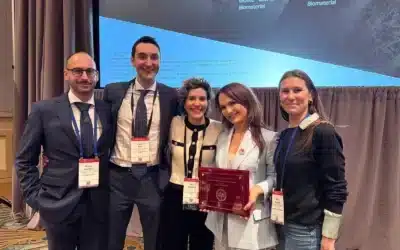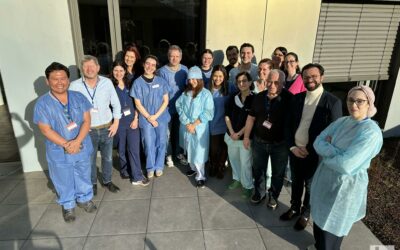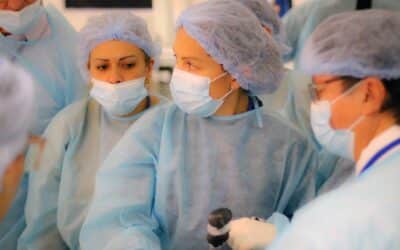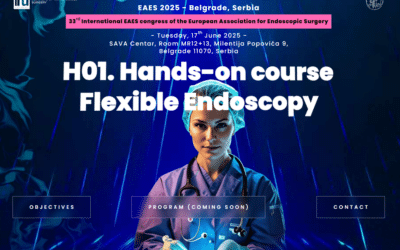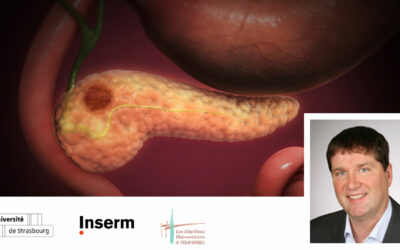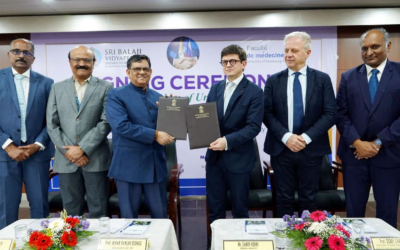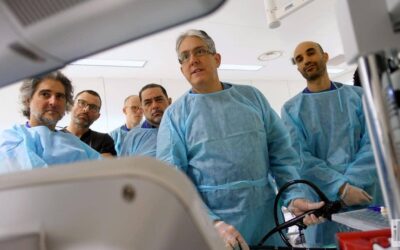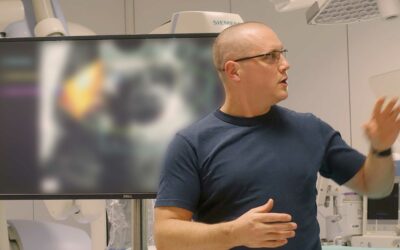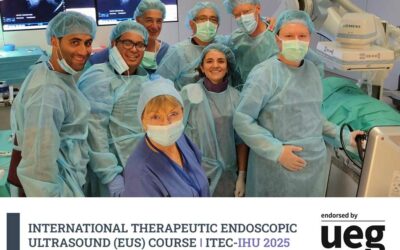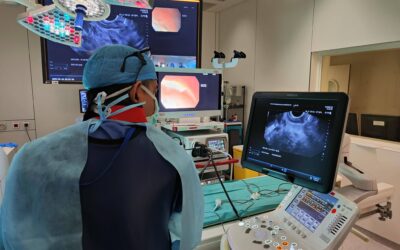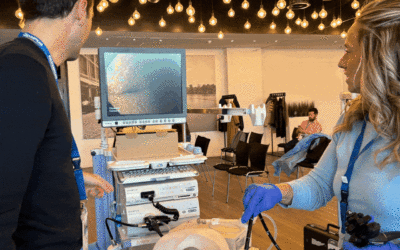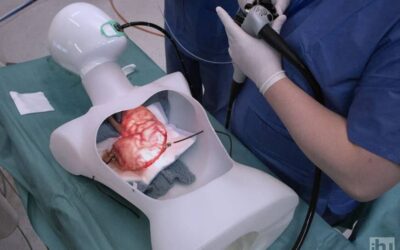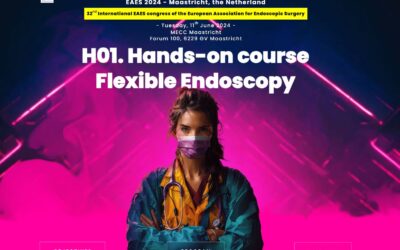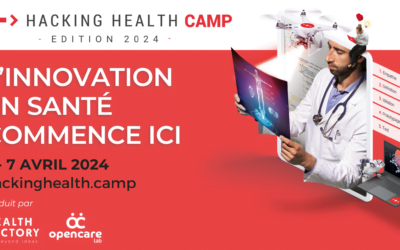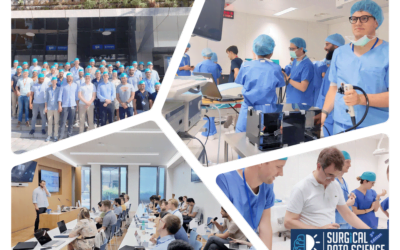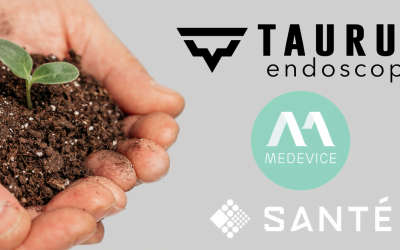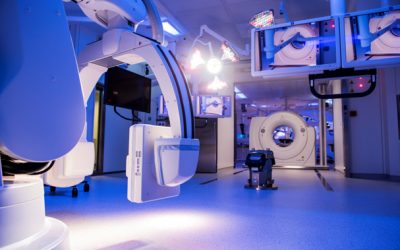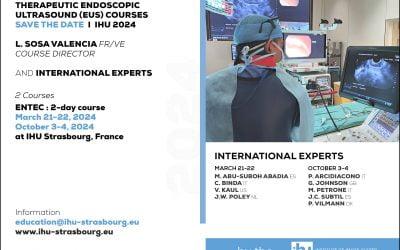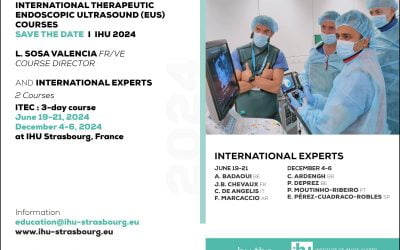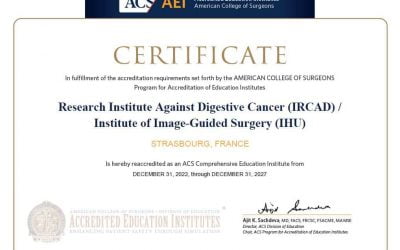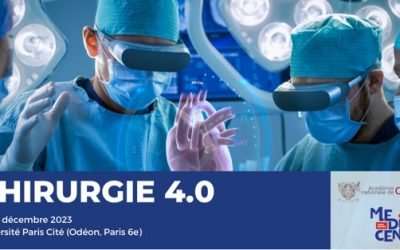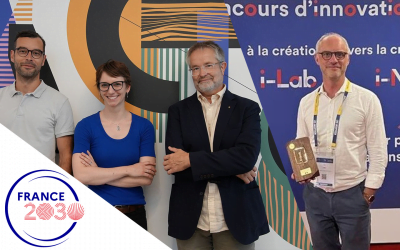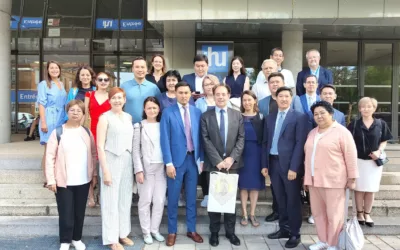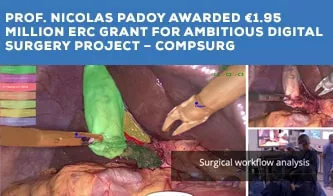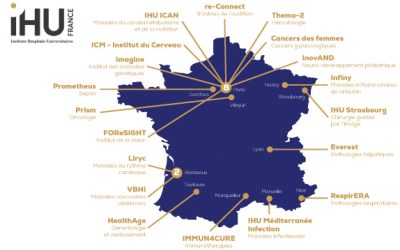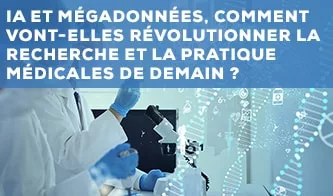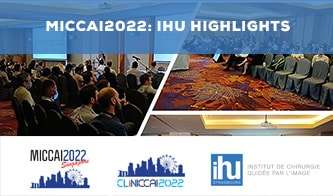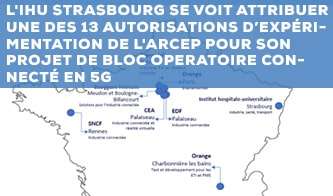On 4 May 2022, a hybrid kick-off meeting took place for the eCAP project: recipient of a €4.7 million grant from the European Union’s Research and Innovation Programme Horizon Europe. The aim of the project is to deliver a novel medical device combining a smart capsule with an e-health platform to enable better diagnostics, patient empowered disease management and hence, improved outcomes for patients with gastrointestinal (GI) diseases, a major source of population morbidity and care costs worldwide. The consortium, composed of 10 partners from research organisations and industry across Europe and Kenya, will demonstrate the universality of the eCAP solution in clinical trials in France as well as low resource environments by bringing the device to patients who so far have had limited access to GI disease diagnostics.
GI diseases, which range from functional problems to cancers, are among the most common medical ailments across the globe. Gastroesophageal reflux disease (GERD) alone affects an estimated 1.2 billion people globally, with prevalence growing in all regions of the world. Many GI diseases are difficult to diagnose as the symptoms are often vague and variable. Moreover, currently available diagnostics requires highly skilled interpretation and high set-up cost, leading to a dramatic lack of access. For instance, GERD is subject to definitive diagnostic testing in less than 2% of cases.
eCAP enabled diagnostics of GI disease
The eCAP consortium will develop a smart multi-sensing capsule, implanted by minimally invasive techniques, that enables GI physiology monitoring for a controlled period of time. Using ubiquitous smartphone communication standards and cloud computing, real-time patient experience data will be collected through an interactive user-friendly application. Patient-empowered disease management will be supported by accurate interpretation of the data by physicians, aided by Artificial Intelligence. “More accurate, cost-effective, patient-friendly testing for acid reflux is an increasingly urgent need today that the current solutions out on the market do not meet. I think the exciting thing is that this particular group of partners is uniquely suited to getting together to solve the problem of GI diseases affecting people worldwide”, explains Lee Swanström, Project Coordinator from the IHU Strasbourg. “As we began discussions, we had great ideas for expanding the initial proof of concept, even beyond GERD testing, so the project has enormous potential. We certainly thank the European community for recognizing our vision and supporting this project.”
eCAP will run for four years and draw on world-class expertise. The project is led by the Institute of Image-Guided Surgery of Strasbourg (FR). Technical solutions will be developed by Tyndall National Institute (IE), Sentron Europe BV (NL), Integer (IE) and Enterasense (IE), based on the user design input from Imagination Factory (UK). Clinical studies in Kenya and Ukraine will be conducted by Operating Theatre Practitioners Association of Kenya (OTPAK, KE) and a gastroenterology and endoscopy clinic in Kyiv – Olymed (UA), which continues to be actively involved in the project, despite the devastating hurdles they are undergoing today. Health economic analysis will be undertaken by Betthera (CZ) and project management and dissemination activities by AMIRES, The Business Innovation Management Institute (CZ).
Project consortium:

Project duration: 1 May 2022 – 30 April 2026
Press contacts:
– Lee Swanström (Project Coordinator) lee.swanstrom@localhost
– Kristin Saar (Project Manager) saar@amires.eu




